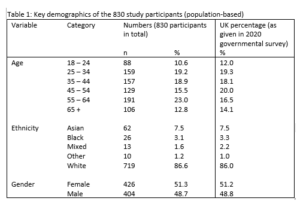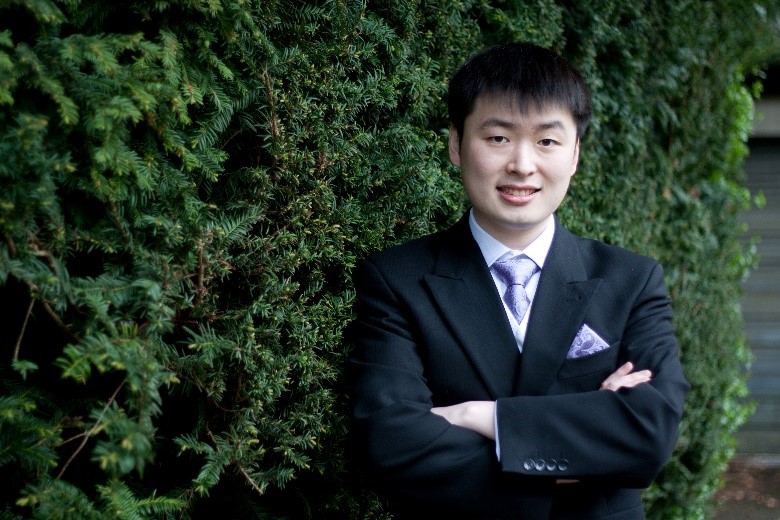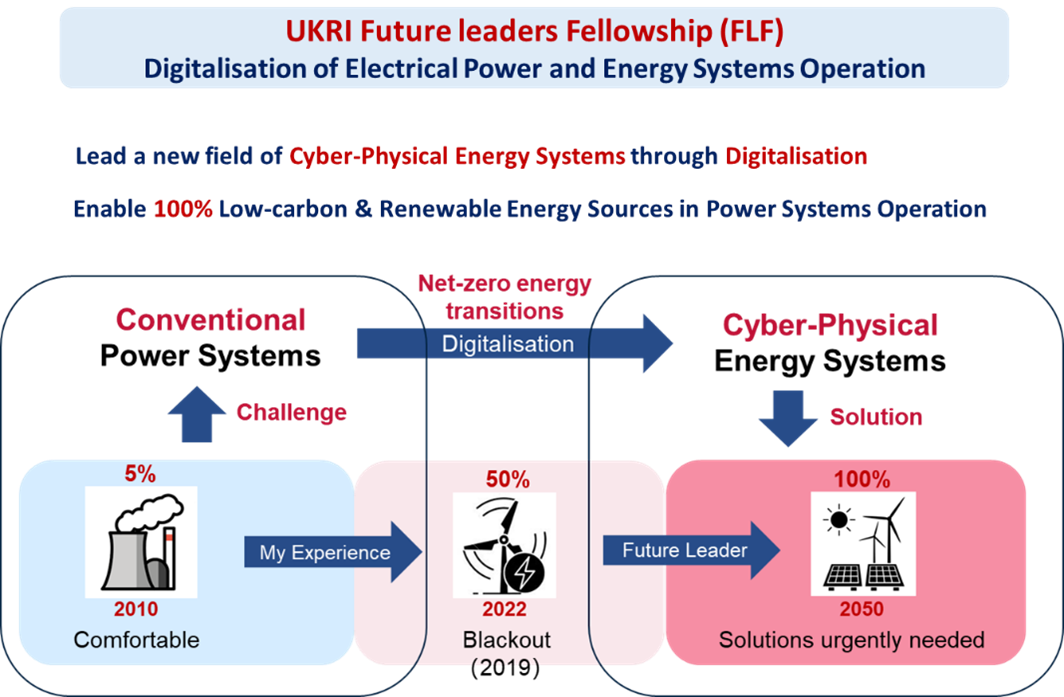Net zero, the target of reducing our emissions by 100% by the year 2050, is a movement which most people know about and support. In a recent government survey, 87% of people had heard of net zero, and 83% reported climate change as a concern. Net zero can be accomplished by reducing our emissions into the atmosphere and increasing the amount of carbon we remove from the atmosphere (Carbon capture), so that they balance out. This process is called decarbonisation. For net zero to be a success, we must decarbonise our energy production, our buildings, our heating, and our transport. Whilst this sounds simple, in practice it is very tricky, as nearly everything we do as a species releases carbon. The average person in the UK has a carbon footprint of about 10 tonnes, meaning that the UK releases around 66 million tonnes of Carbon into the atmosphere every year! If you’re interested in learning more about your carbon footprint and ways to reduce it, check out the WWF Carbon footprint calculator.
How we move to net zero is going to affect people’s lives a lot. Whilst most of the public knows what net zero is and are supportive, less is known about the details. In fact, in the same government survey, only 9% of people said they knew a lot about the topic. This is a problem, as for net zero to be a success, people need to know about it and buy into the mission. Recent events such as the COP 26 meeting in Glasgow has given the movement more publicity. In another survey conducted in November 2021 by the research agency IPSOS, pollution and climate change were found to be Britain’s highest concern, across a range of demographics. However, other issues such as lack of faith in politicians and the economy have since overtaken them. Whilst these are important, we can’t stop thinking about our 2050 target – its only possible if we make radical change now.
The survey
To learn more about the public’s opinions and knowledge on net zero, academics here at Newcastle University recently issued a survey to 830 participants. They made sure that the people used in the survey reflected the general population, or a representative sample. A table showing a breakdown of the sample is found below:

The participants were then asked a series of questions about net zero, as well as some questions about themselves in general. The personal questions allow researchers to investigate whether people of different demographics have different views or levels of knowledge about net zero, which is important as everyone needs to be involved.
Key findings
- 7% of people rated their understanding of net zero as 5 or lower out of 10. Only 16% ranked themselves 8 or above.
- 85% of people scored how well the government had informed them about net zero as 5 or lower out of 10.
- 8% of people rated the need for net zero at 10
- Acceptance of net zero is higher than understanding
- 84% of participants agreed that there is a need to change both the electrical and gas networks.
- 75% strongly agreed that we need to change how we generate electricity
- 53% said we must eliminate fossil fuels. The rest said we should reduce our use of them.
- 35% of people thought that net zero would affect their transport habits. The rest did not or were unsure.
- Participants believe everyone should be involved in making changes, but that the most important changes rested with government and energy producers/generators.
- 70% thought that net zero would change their life at least slightly,
What does this tell us?
Firstly, the survey suggests that the general public are more clued up on net zero than the investigators thought! It was particularly good to see that knowledge of net zero is relatively consistent across different demographics.
The findings of the survey support the idea that most of the public is behind the net zero goal, especially the mission to phase out fossil fuels. It also highlights that people think most important decisions and behaviour change need to come from government and the energy producers/generators themselves, even though everyone has a part to play. This is called a top-down approach. The findings also highlight that the government and energy companies can do more to educate people about how the journey to net zero will affect everyone. However, it also shows that most people recognise that net zero is everyone’s responsibility, which is fantastic ! If us, the public, can show government and energy companies that net zero is something that we feel passionately about, then we can move towards a greener, more sustainable future together.


